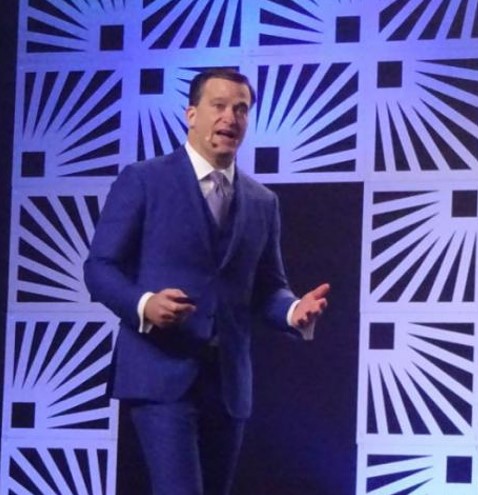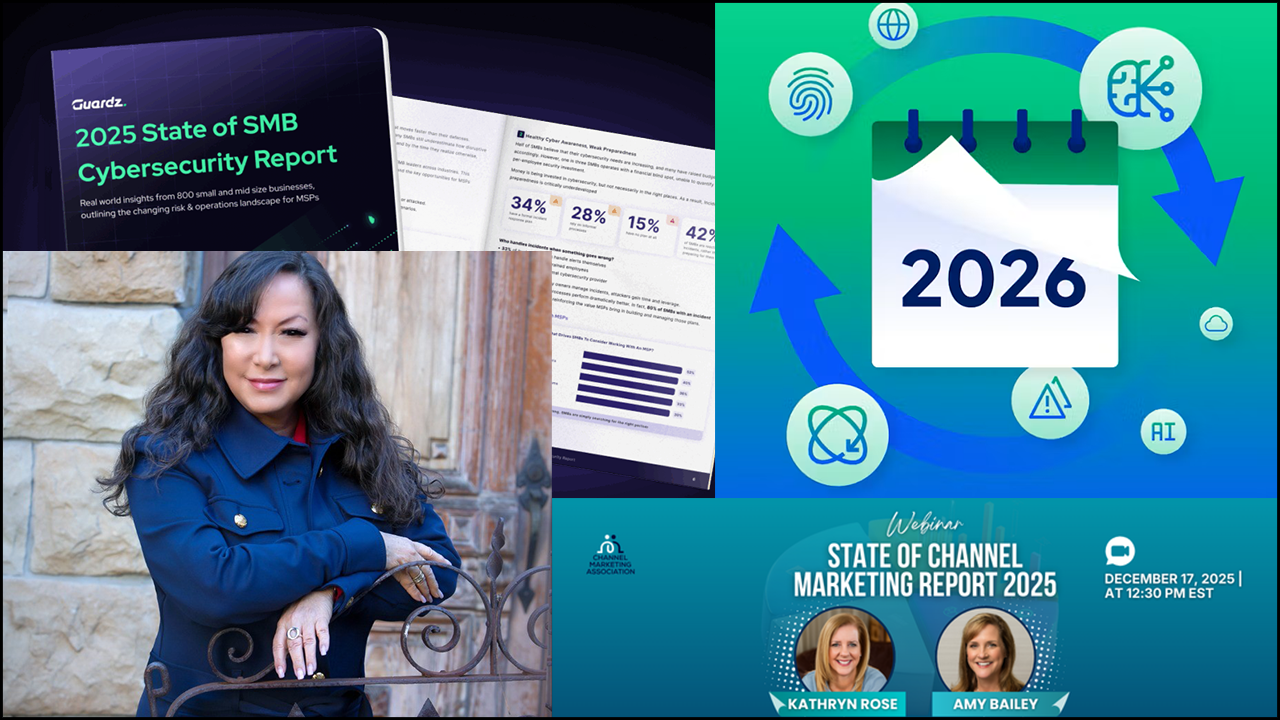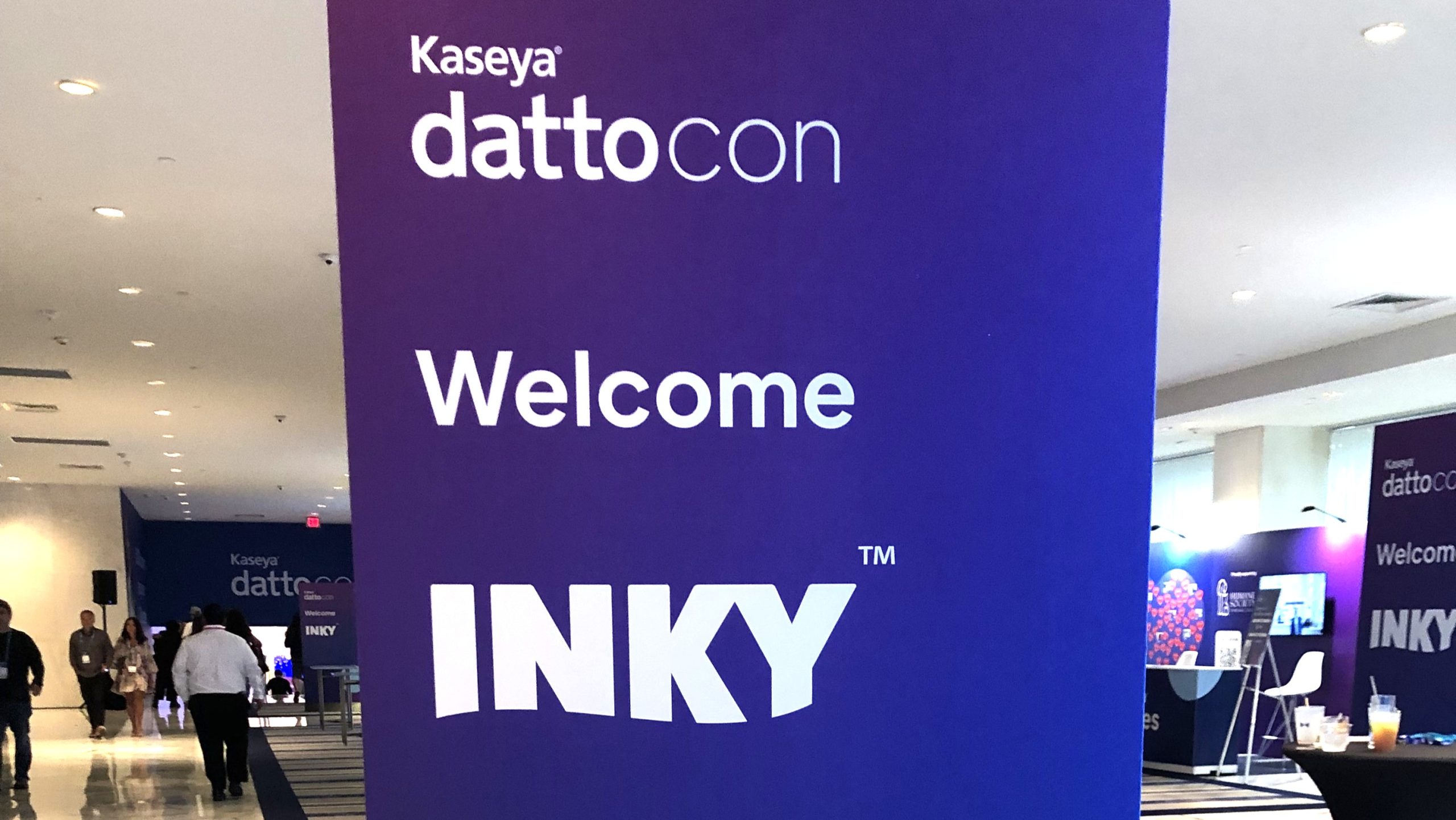If you’re like most MSPs, you’re filled with questions about the earth-shaking news this week that Kaseya has bought Datto for $6.2 billion.
Or maybe it’s fear that fills you, about the future of Datto’s products and people, the prices it charges, and its continued ability to innovate. Judging by commentary on social media, you wouldn’t be alone.
Kaseya CEO Fred Voccola would very much like to address those fears. Unfortunately for him as well as you, he mostly can’t.
“There are legal restrictions on what we can and cannot say,” he notes.
Blame it on the federal government. Datto has been a publicly traded company since 2020, which means that Kaseya’s pending acquisition is bound by a host of regulations that make commenting on post-acquisition plans something between difficult and impossible for now. Voccola is thoroughly familiar with the repercussions too.
“We’re limited in what we can say, and the absence of information creates a vacuum,” he observes. “In a vacuum, panic sets in, fear sets in. That’s what happens. That’s just the reality.”
Voccola can discuss some aspects of the epic deal, though, and did so in an exclusive conversation with ChannelPro that touched first on why a vendor that already makes RMM, PSA, and BDR solutions bought another one that competes in those same markets. From Kaseya’s perspective, he says, those seemingly redundant products are actually a competitive advantage.
“Some people like the button on the left, some like it on the right side of the screen. There’s pros and cons of any technology and IT people like what they like,” Voccola says. Having multiple RMM, PSA, and other products gives Kaseya more ways to satisfy those preferences.
Indeed, choice is Kaseya’s watchword, Voccola insists, and the company has no intention of discontinuing anything Datto makes or pushing anyone Datto serves onto different systems. “Every single module that we buy, every Datto product is going to continue to be supported,” Voccola says. “We are not going to force people to migrate between products. We’re not going to limit choice.”
If anything, he continues, Kaseya will give partners more products to choose from by expanding Datto’s product family. That’s standard operating procedure after the company acquires a new portfolio, Voccola says. “We invest in it, we build it. Datto will be no different.”
Voccola points to ID Agent as an example. When Kaseya bought the company in 2019, the security awareness training solution now known as BullPhish ID was little more than an idea. “Now that product is in over 5,000 MSPs around the world,” Voccola says.
IT Glue has far more products and features than it did before its 2018 acquisition too, he adds, pointing to its Network Glue solution and support for Active Directory as examples. “None of that was there five years ago before we bought them,” Voccola says.
Just like its products, Datto’s brand isn’t going away either. “Datto has a kick ass brand,” Voccola says. “They have legendary customer support. We’re going to continue with that.”
In fact, much as almost every company Kaseya has bought in the past continued to operate afterward as a distinct business unit with its own identity and management team, Voccola vows, so too will Datto.
“We’re not shutting down Datto offices,” he says. “The strategy here is not about layoffs or cost reduction. We believe this is a growth play just the same way every single company we’ve bought, every single one, no exception, we’ve continued to invest in.”
Voccola is well aware that assertions like that aren’t likely to quell concerns among some nervous Datto partners. Without making legally prohibited “forward-looking statements” about Datto specifically, however, he offers these comments on some of the most widespread apprehensions within the channel.
On concerns that price hikes will be part of how Kaseya recovers its $6.2 billion investment
Not worth worrying about, Voccola suggests, given that affordability is a core element of Kaseya’s competitive strategy. “Every acquisition we have done, every one, we’ve lowered the price of the products for our customers,” he says.
On the prospect that Kaseya will sell Datto products directly to end users, as it does its own solutions
Without specifying whether that will or won’t happen, Voccola says that when Kaseya sells software directly today, it’s not to the same customers as you.
“The people who buy our software direct are internal IT shops that don’t use MSPs,” he says. “If Citibank wanted to buy RMM technology or anti-phishing security technology, we sold it to them. We’re not competing with an MSP for that.”
Or not most of the time, anyway. Given the increasing popularity of co-managed IT arrangements, in which MSPs share administrative responsibilities with in-house IT departments, Kaseya’s salesforce does target the same customers as its partners on occasion, Voccola acknowledges.
“When that happens, we immediately call the MSP and we tell them if you lose to the internal IT shop we’re paying you a reseller fee on whatever kit they buy so you’re making the profit on [the sale],” he says, adding that the policy is necessary perhaps 500 times a year at a company that processes some 175,000 sales transactions annually.
On concerns among partners that use both Datto and Kaseya products about being too dependent on one vendor going forward
Kaseya believes that fewer vendor relationships to juggle and tighter product integrations benefit MSPs. Those that disagree, however, needn’t feel trapped using the RMM, PSA, or other products they run now, Voccola argues.
“If they don’t want to work with Kaseya or Datto, there’s 50 people that do all those areas,” he says, adding that any new third-party solutions an MSP buys will interoperate with the Kaseya and Datto products they keep.
“It’s important for large software vendors to stay open,” Voccola says, pointing not only to Kaseya and Datto but ConnectWise and other rivals as well. “We all integrate with dozens and dozens if not hundreds of our competitors. We do that because if we don’t do it, we make customers really pissed off.”
On concerns among Datto partners that security-conscious customers familiar with last summer’s ransomware attack on Kaseya’s RMM solution will object to buying products from a Kaseya-owned business
There’s no getting around the enormous pain that breach inflicted on Kaseya partners and their end users alike, Voccola says, or Kaseya’s role in the incident. “It’s our responsibility and to this day, I’ve said it, I’m embarrassed that it happened.”
Despite MSP complaints to the contrary, though, Voccola disputes that selling Kaseya software hinders anyone’s ability to grow, and notes that Kaseya sells a lot more than Kaseya-branded software. “I don’t think customers are asking their MSP are they using IT Glue, ID Agent, RapidFire Tools, are they using Vorex, RocketCyber, Graphus? They don’t ask that,” he says.
Though Voccola would like to say more about what lies ahead for Datto, those insights will mostly have to wait until the acquisition closes. Will that occur in time for him to speak more freely at the company’s Connect IT event in June?
“I’m very hopeful,” he says. “I don’t want to speculate.”













